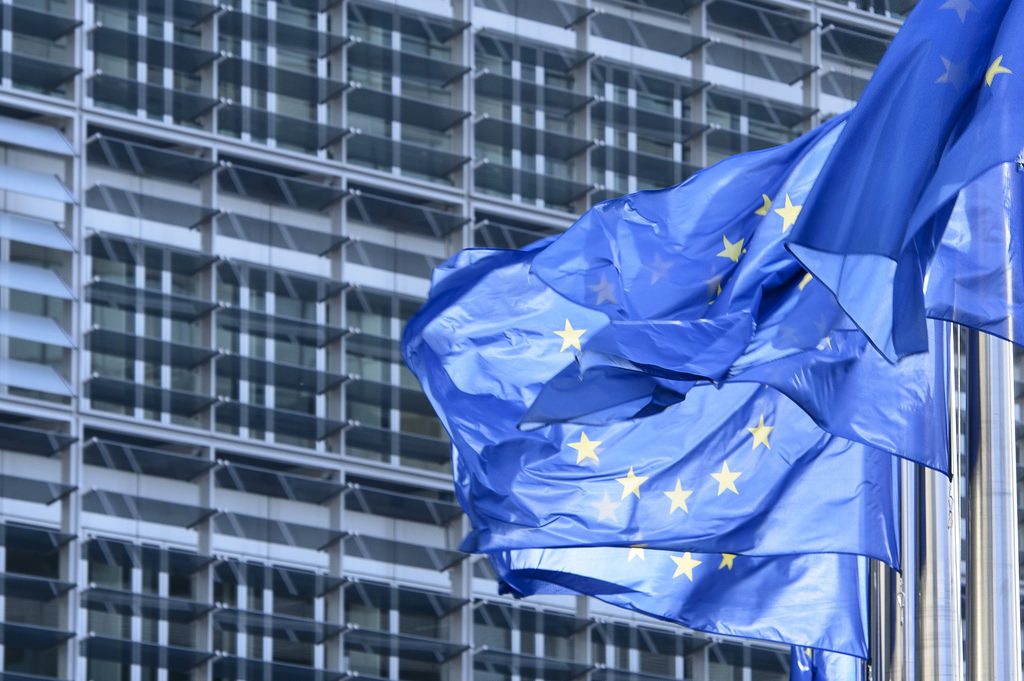As the German Presidency of the Council of the European Union (EU) starts today, Amnesty International calls on the Presidency to ensure that human rights are at the forefront of their mandate. The German Presidency comes at a key moment amidst the COVID-19 crisis and as the EU faces a host of challenges in its internal and external policy. As European states are gradually remerging from lockdowns, the EU and its member states must put human rights at the centre of the post-COVID-19 recovery, ensuring that individuals and groups most at risk and vulnerable are not left behind.
Given Germany’s longstanding support for human rights, we trust that you will use the opportunity given by the Presidency to influence the future direction of the EU by championing a robust, coherent and consistent human rights policy throughout the Presidency.
Amnesty International encourage the German Presidency to:
- Ensure actual progress on protecting and promoting rule of law within the EU, both through moving forward ongoing Article 7 TEU proceedings and developing relevant mechanisms that duly take into account human rights and rule of law expertise, including from civil society.
- Put human rights at the centre of EU strategic relations with China, Russia and the African Union, and strengthen EU and member state support to Human Rights Defenders (HRDs) through the adoption of annual Foreign Affairs Council Conclusions on HRDs. Likewise, lead efforts to develop innovative, country specific HRD strategies and to step up EU communications on human rights and HRDs as key actors in safeguarding international human rights protections.
- Lead on asylum and migration policies centred on solidarity and human rights, by steering the measures implementing the new EU Pact on Asylum and Migration towards guaranteeing effective access to asylum in EU countries, ensuring accountability for human rights violations at EU borders and establishing fully functioning solidarity and disembarkation mechanisms. The rights of migrants and asylum-seekers should be central to the negotiation and implementation of any migration cooperation agreement with non-EU states.
- Support the adoption of EU human rights due diligence legislation, to require businesses to respect human rights and prevent environmental harm across their value chains and business relationships.
- Promote a human rights approach within the digitalisation agenda, including by supporting a moratorium on the use of facial recognition technology for identification purposes, and prohibit the development, sale and use of artificial intelligence (AI) with an unacceptable high risk for human rights, such as Lethal Autonomous Weapons.


